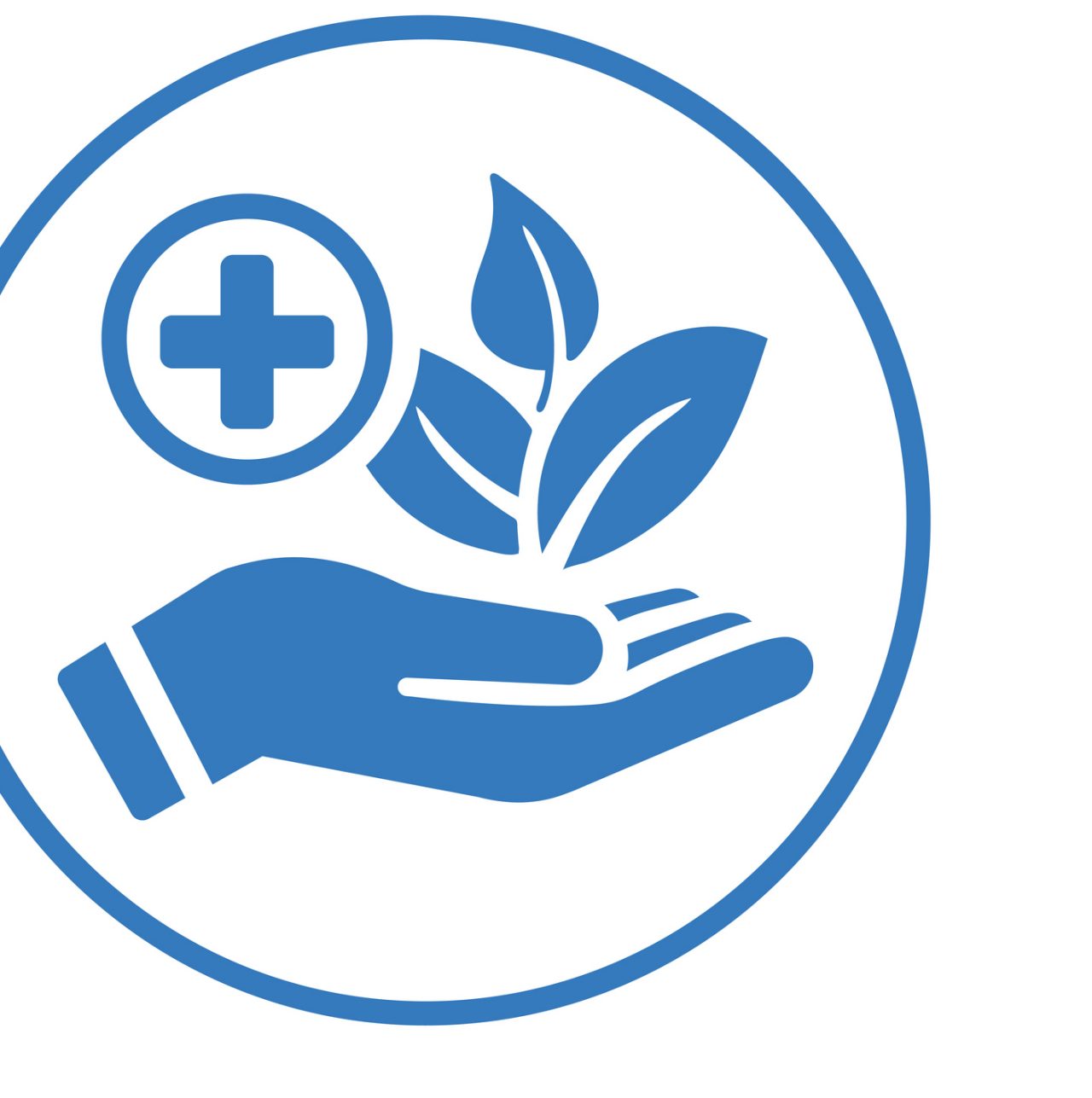What Is Naturopathy?

Could naturopathy, a natural approach to whole-body healing, make you healthier, or is the practice nothing more than pseudoscience? Here's what you should know.
There was a time when the traditional M.D. was the only legitimate source for health advice, and you had to purchase medication treatments from pharmacies. Today, about half of Americans say that at least part of their healthcare comes from alternative therapies such as herbal remedies and chiropractic.
Naturopathy is a branch of healthcare that merges medical science and nature. Naturopathic practitioners say they use evidence-based natural approaches to treat disease and promote whole-body wellness.
YOU MIGHT ALSO LIKE: Should You Choose a Doctor or a Naturopath?
The history of naturopathy
Natural healthcare isn’t new. Healers have relied on plant-based remedies for centuries. A Sumerian plant “prescription” written on a clay slab dates back some 5,000 years.
European doctors first popularized modern naturopathy in the 1800s. The term “naturopathy” was coined by German doctor Benedict Lust, who in 1902 founded the American School of Naturopathy in New York.
The field became popular in the 1970s. About 6,000 licensed naturopathic doctors now practice in the United States. As of 2023, 23 states plus the District of Columbia have licensing or registration laws for naturopaths.
What kind of training do naturopaths have?
Naturopathic doctors must complete a four-year postgraduate program and pass a licensing exam. In North America, there are a handful of accredited naturopathic medical colleges:
- Bastyr University
- Canadian College of Naturopathic Medicine
- National University of Health Sciences
- National University of Natural Medicine
- Sonoran University of Health Sciences
Just like any other primary care provider, naturopathic doctors are trained to diagnose and treat a variety of medical conditions. One of the six principles of naturopathic medicine — “First, do no harm” — is also part of the Hippocratic Oath medical students take before becoming doctors. The difference is that naturopaths rely on “The healing power of nature” (another one of the six principles) to promote wellness and prevent illness.
The other four underlying principles of naturopathic medicine are:
- Identify and treat the causes — look beyond the symptoms to the cause of disease.
- Doctor as teacher — educate patients about positive health practices so they can take charge of their own health.
- Treat the whole person — see the body as an integrated whole, rather than a collection of parts.
- Prevention — actively work to improve health and prevent disease.
What is naturopathy?
Naturopaths manage many of the same medical conditions as MDs, but they do so differently. Instead of treating symptoms after they appear, naturopathic medicine seeks to rebalance your body and activate its self-healing mechanisms to prevent disease.
According to an international study of naturopathy published in BMC Complementary Medicine and Therapies, the most popular reasons people give for visiting a naturopathic provider are to treat musculoskeletal diseases (like arthritis), gastrointestinal conditions, and mental illnesses. People also seek out naturopathic care for general wellness and disease prevention.
A naturopathic treatment intervention might include:
- Nutritional advice
- Herbal remedies and nutritional supplements
- Exercise recommendations
- Mental health counseling
In certain states, licensed naturopaths can also prescribe medications, order x-rays and other medical tests, and perform small surgeries such as stitching up wounds.
Some naturopaths practice alone. Others work as part of a multidisciplinary group that also includes MDs, DOs, and other types of medical providers.
Does naturopathy work?
Naturopathy is a promising but still unproven therapy.
“Because of their focus on disease prevention, naturopathic practitioners may be an untapped health resource in many health systems which can relieve the burden on primary care physicians,” wrote the authors of the BMC Complementary Medicine and Therapies study.
But, they added, “Further clinical research that explores the patient outcomes of naturopathic care for the prevention of these globally important conditions is urgently needed.”
The risks of naturopathy
Exploring lifestyle changes like diet and exercise with a naturopath is generally safe, and it could potentially lead to positive health changes. But some experts warn that naturopaths don’t receive the same rigorous education as MDs, and many of their recommendations aren’t grounded in solid science.
Britt Hermes, who trained and practiced as a naturopathic doctor, has blogged about her skepticism for her former profession. She has compared naturopathic care to “picking treatments out of a magical hat.” Some medical doctors agree, saying naturopathy is nothing more than pseudoscience.
Seeing a naturopath for a surgical procedure could be risky. In 2022, members of the American Society of Plastic Surgeons and the Arizona Society of Plastic Surgeons wrote a letter to the Arizona state legislature, outlining their concerns after reports surfaced of botched liposuction surgeries performed by naturopaths.
“This reckless activity must stop,” they wrote. “Naturopaths are not physicians. The education and training of a naturopath is in no way comparable to that of an advanced practice nurse, let alone a medical doctor.”
What you can do
If you’re interested in trying naturopathy, find a provider who has graduated from an accredited school and is licensed in your state. The American Association of Naturopathic Physicians offers a directory on its website.
Interview any prospective naturopathic providers to make sure you’re comfortable with what they’re promising. Be wary of claims that sound too good to be true (they probably are).
Before taking any herbal remedy, check with your primary care provider and pharmacist to make sure that it’s safe, based on your health, and that it won’t interact with any medications you take.
Updated:
August 09, 2023
Reviewed By:
Janet O'Dell, RN